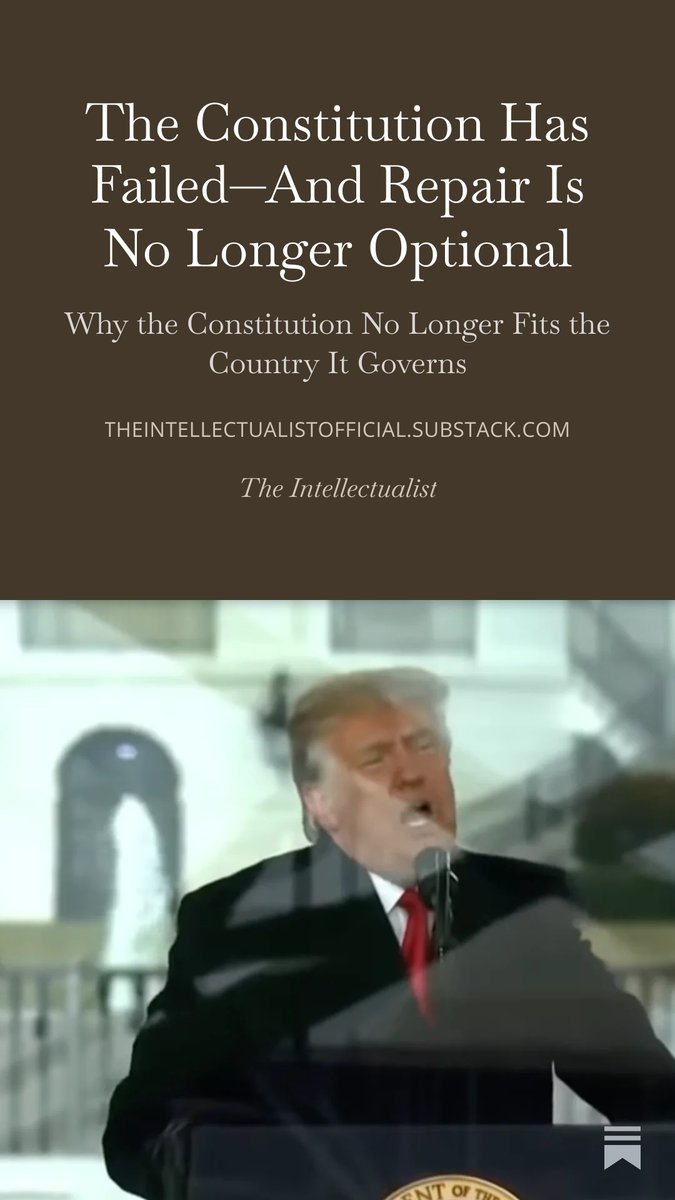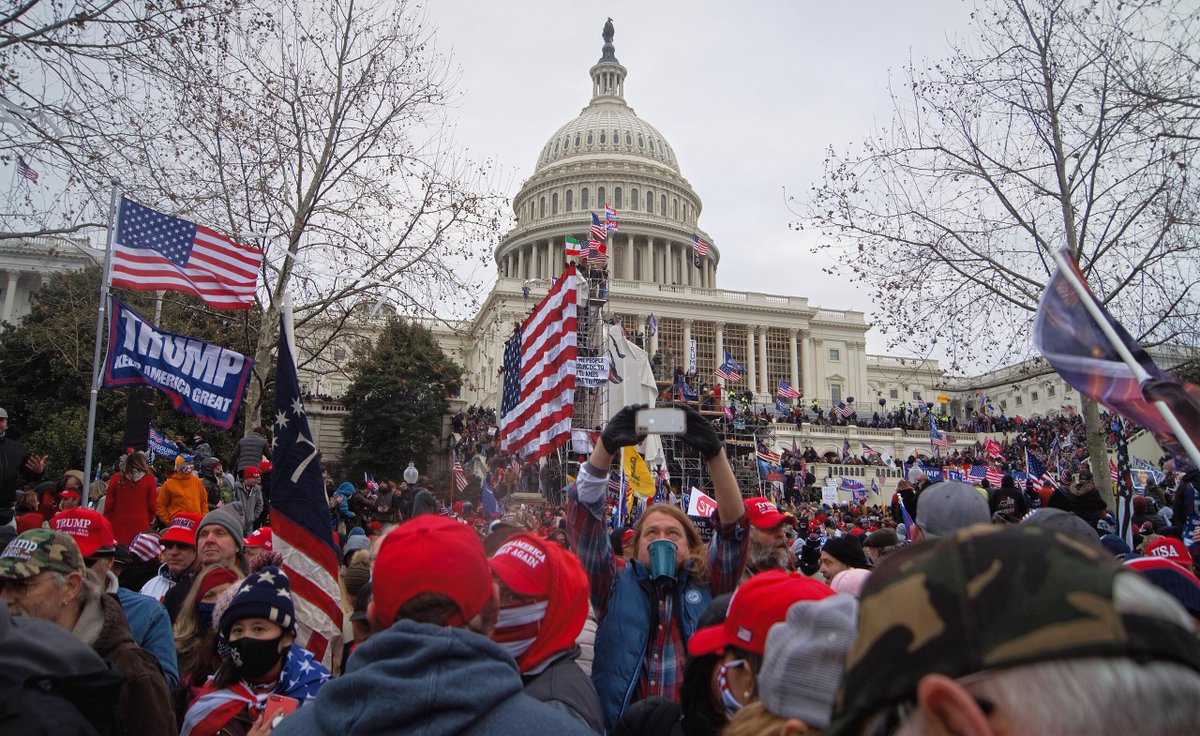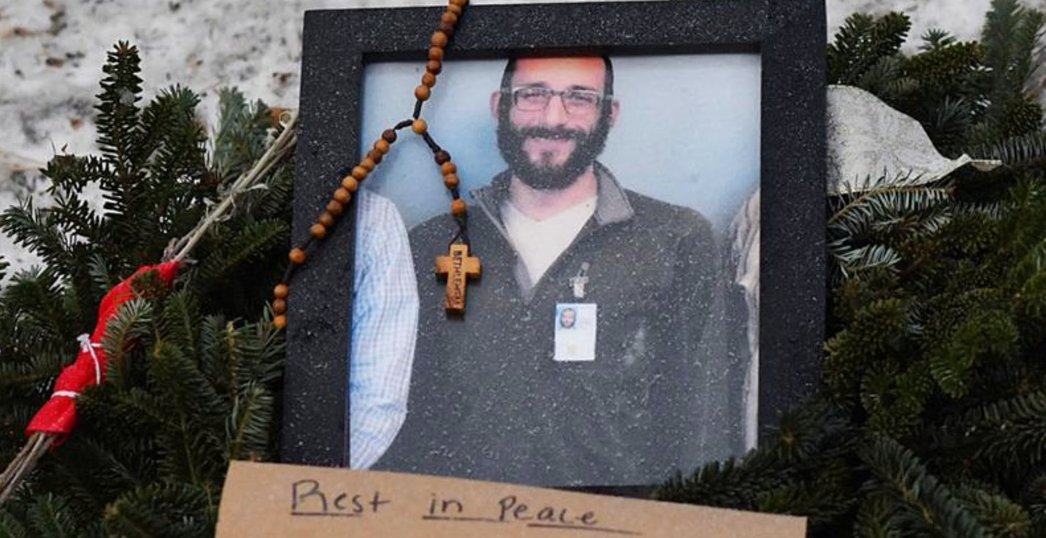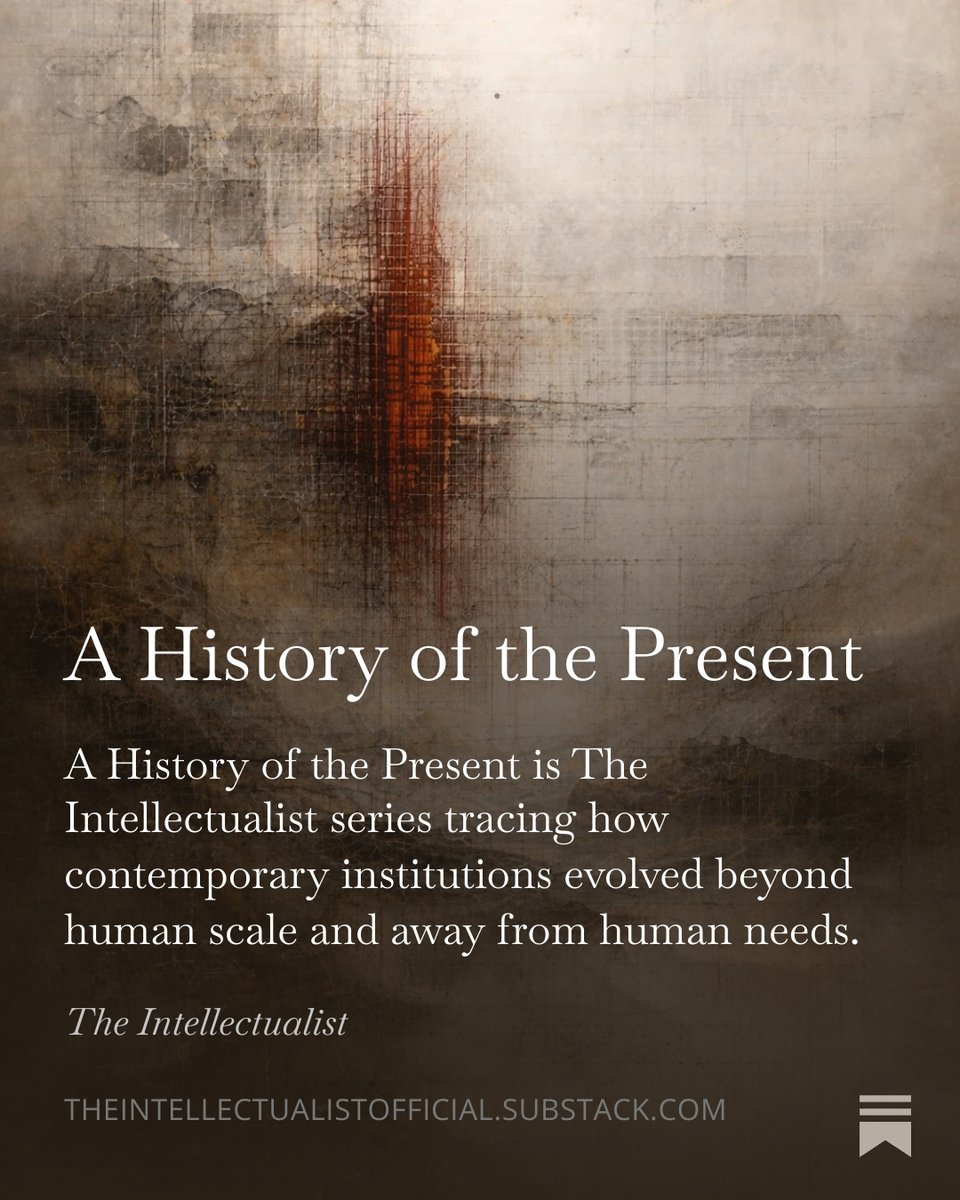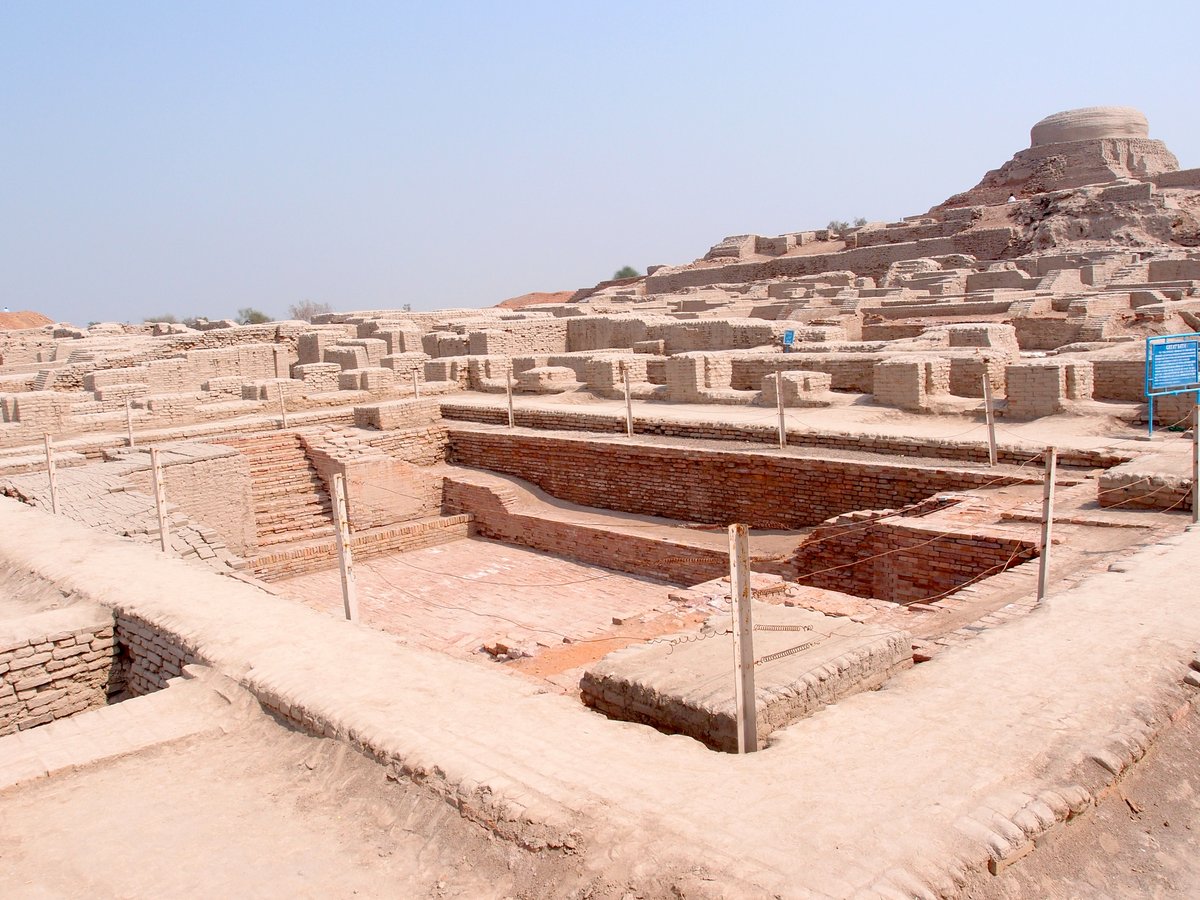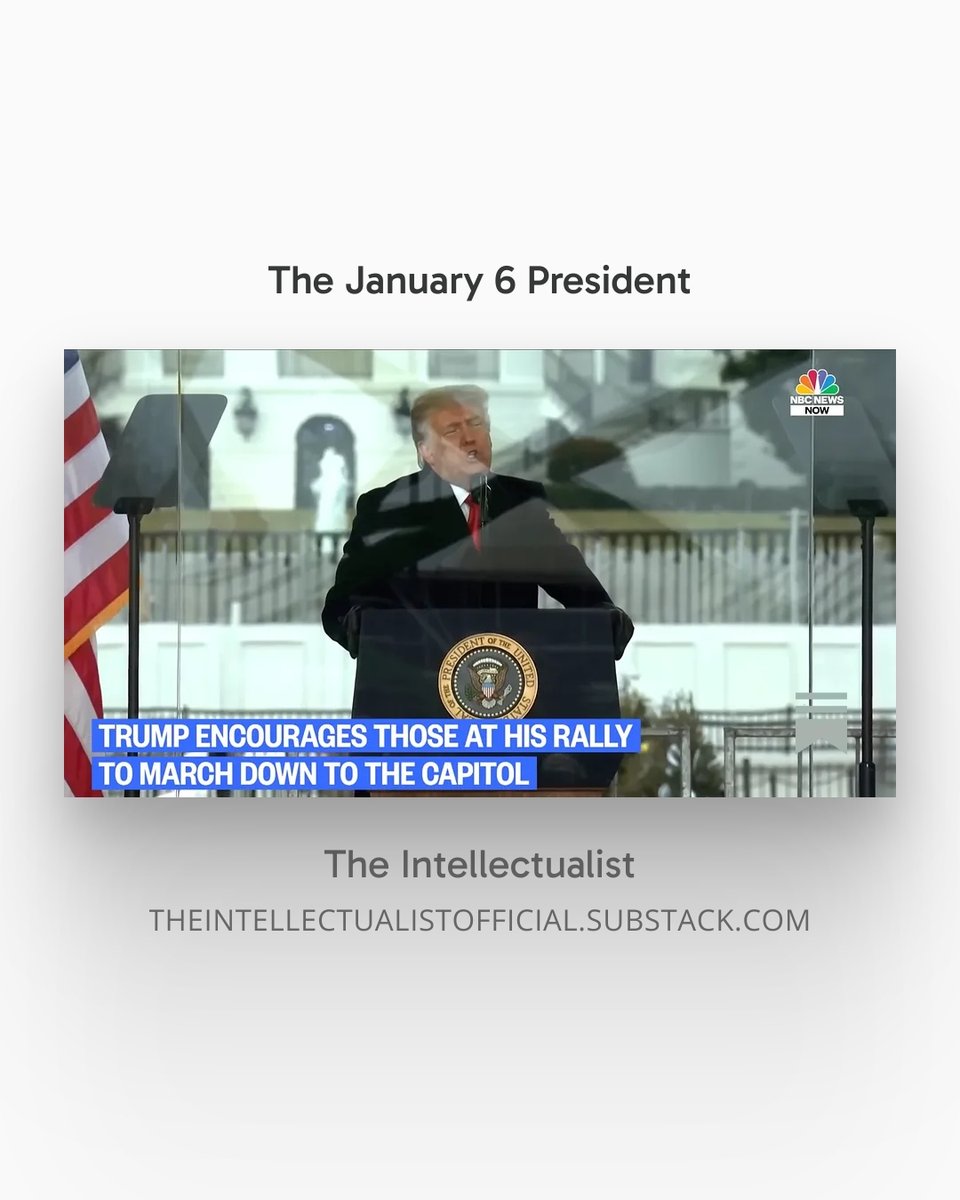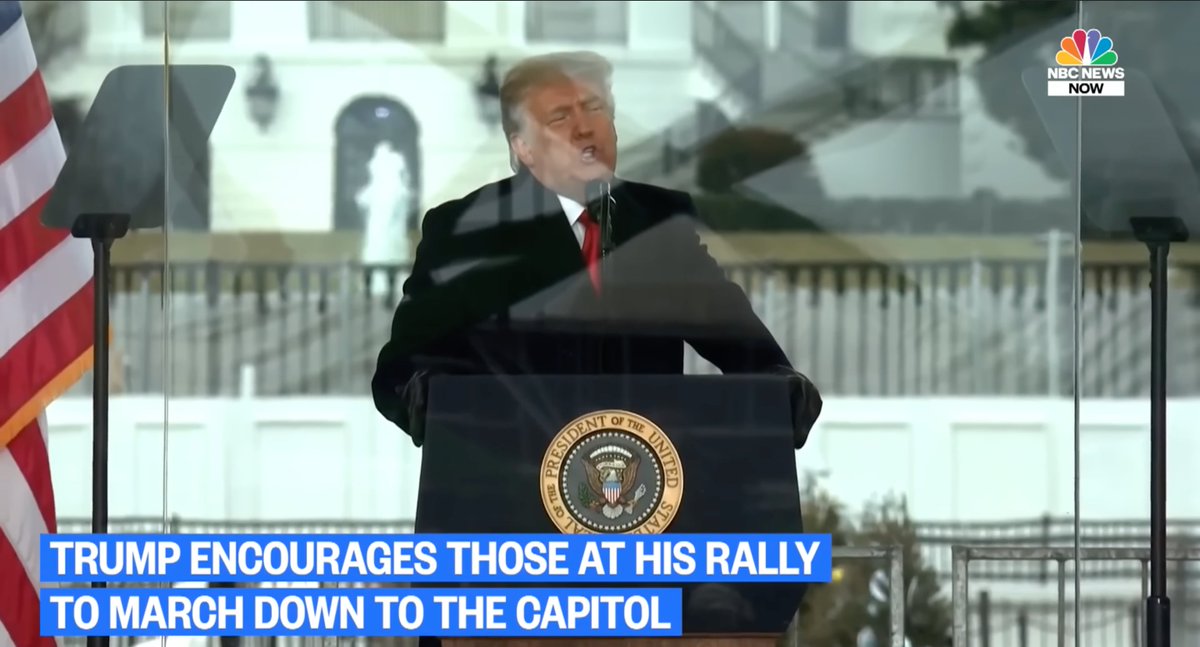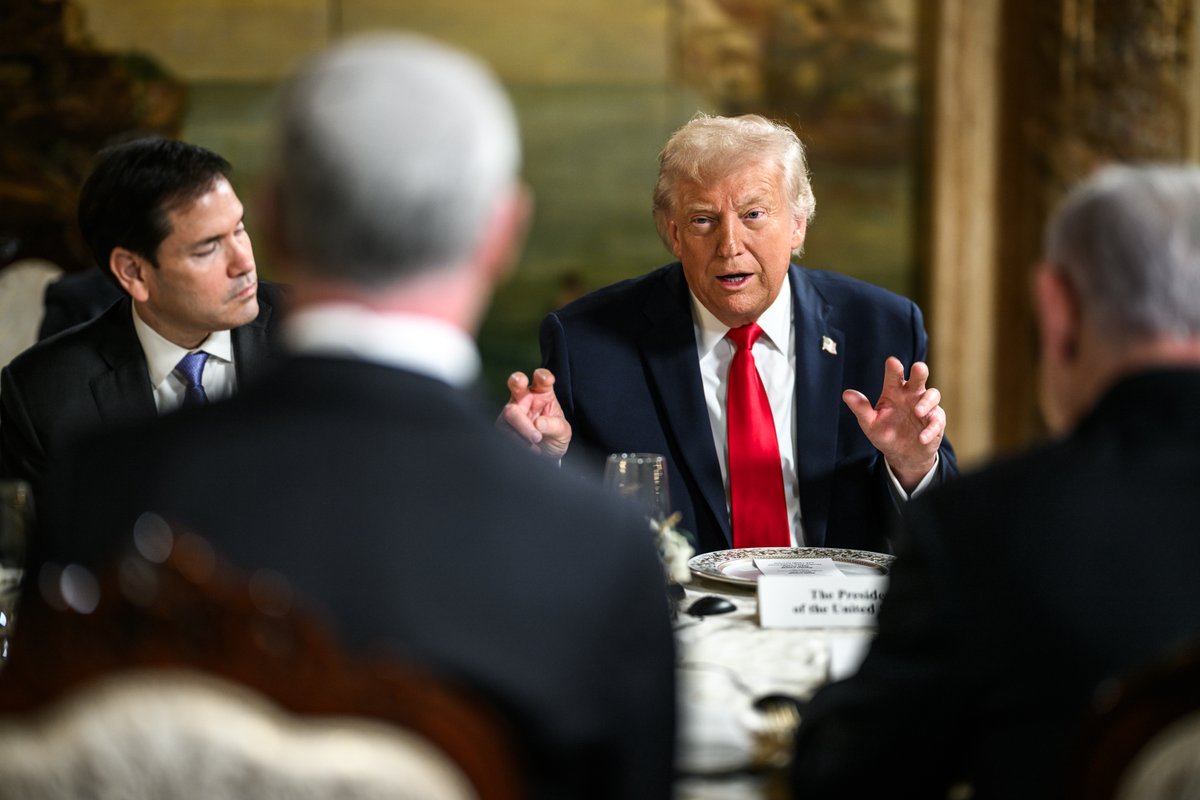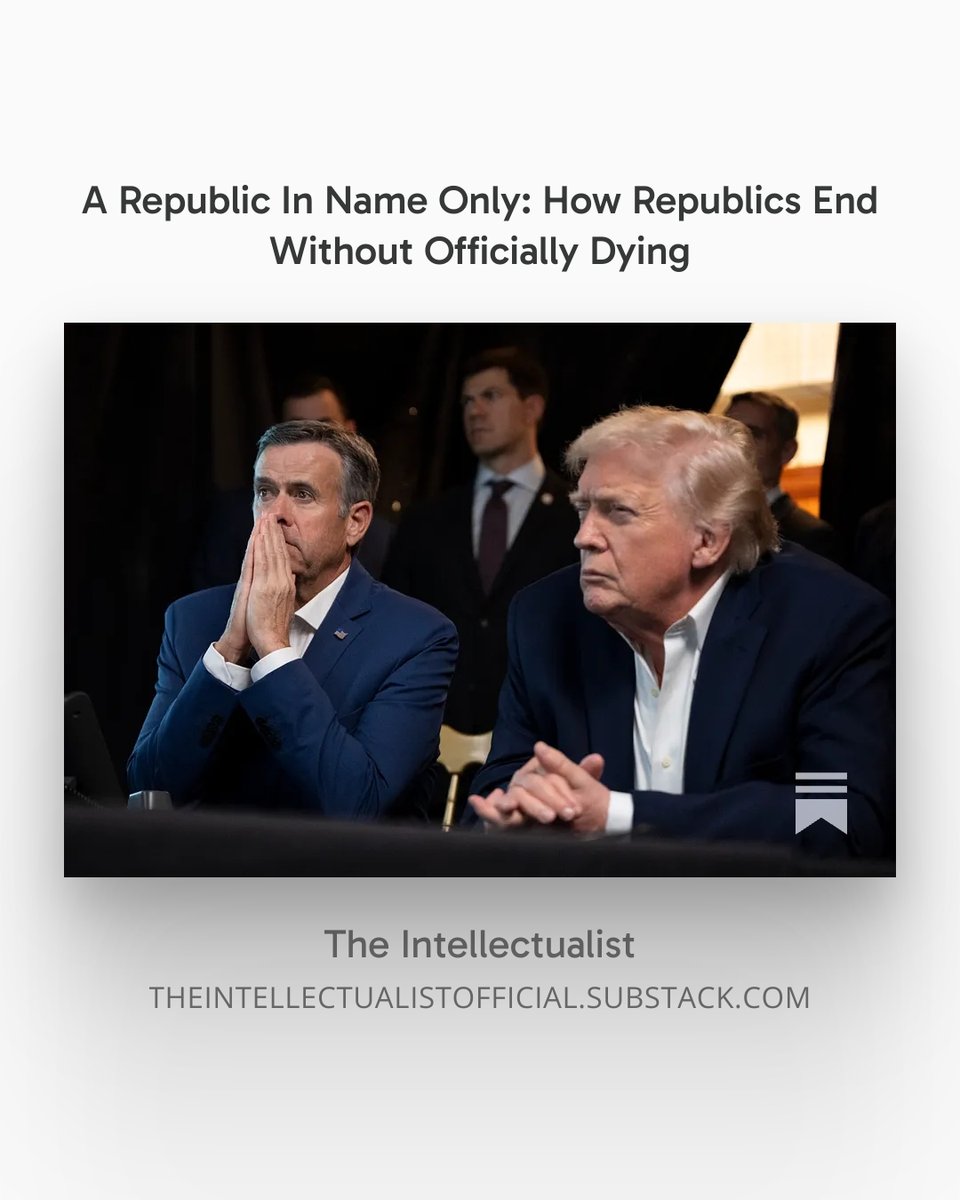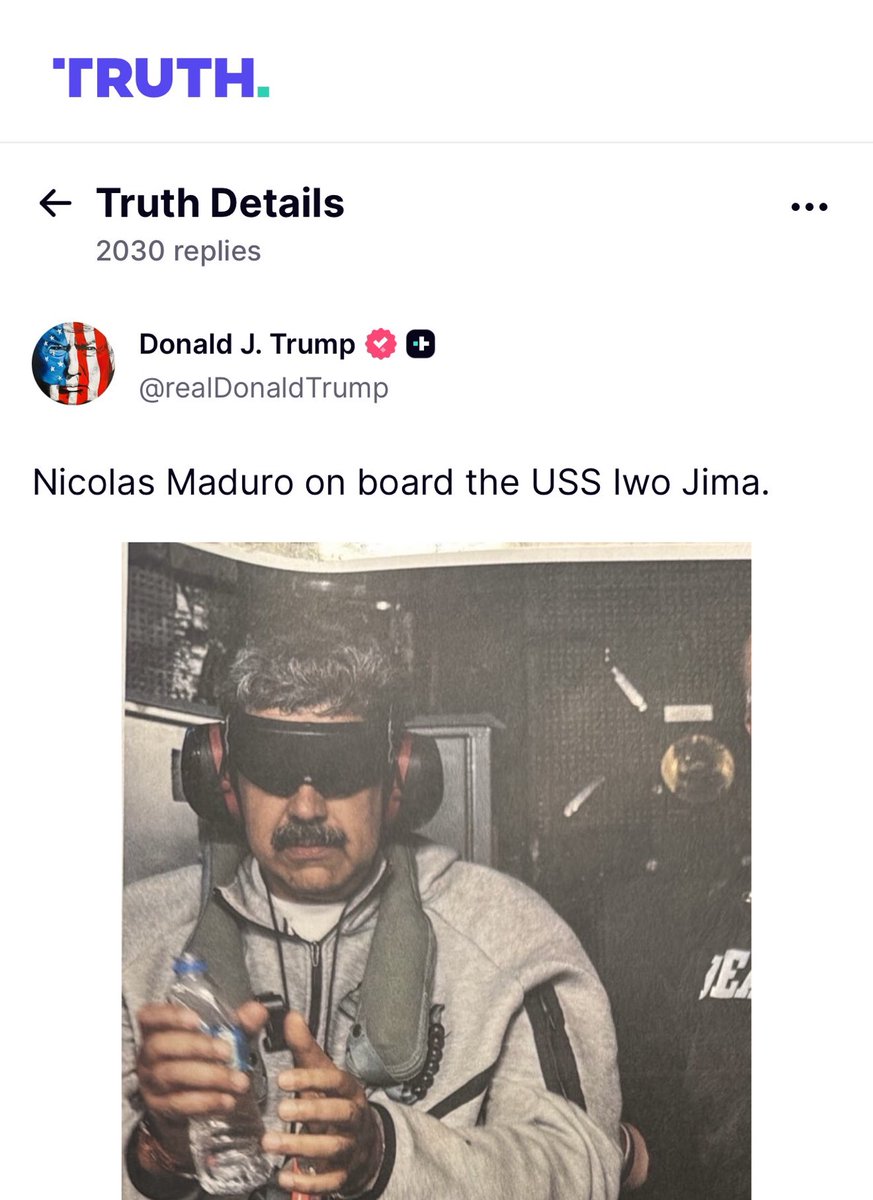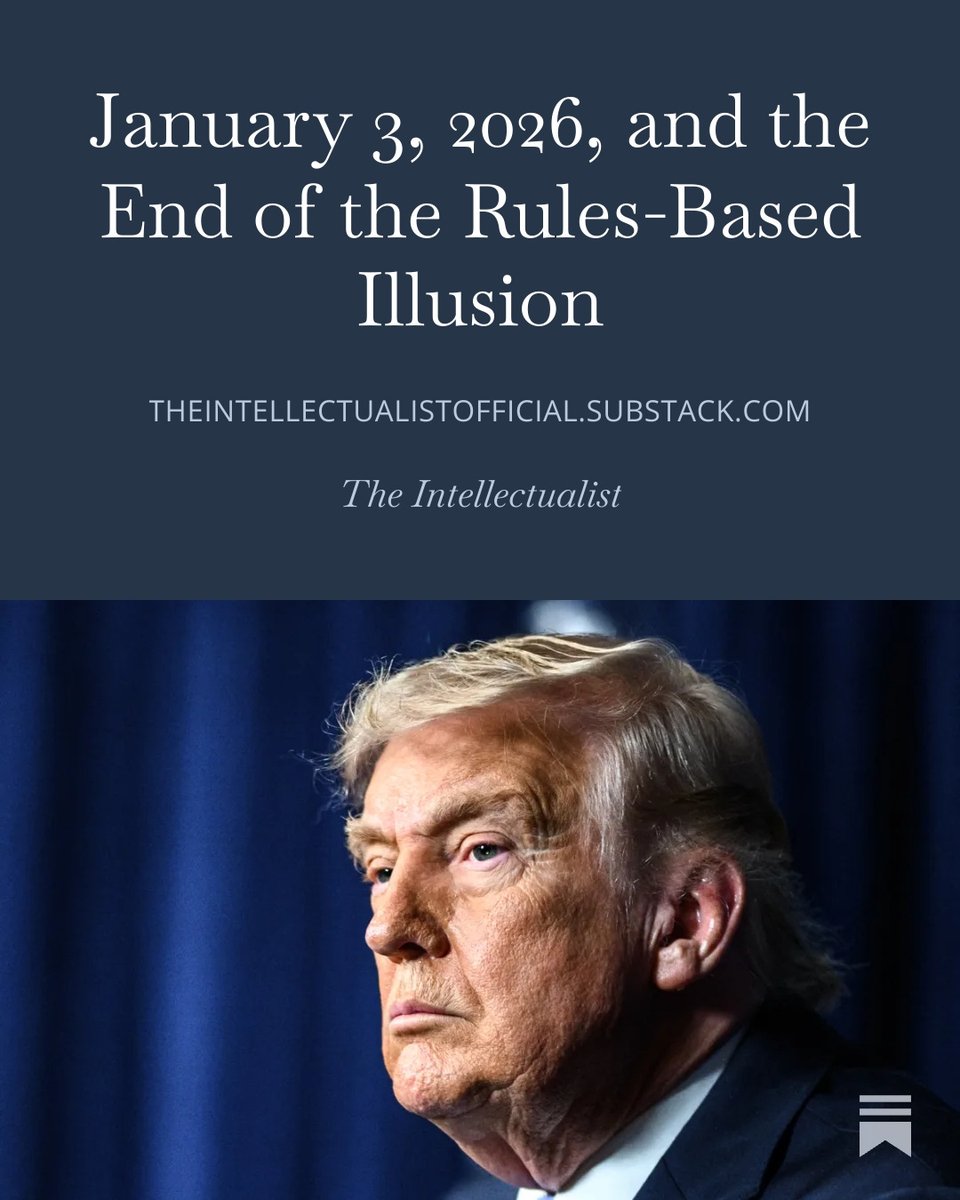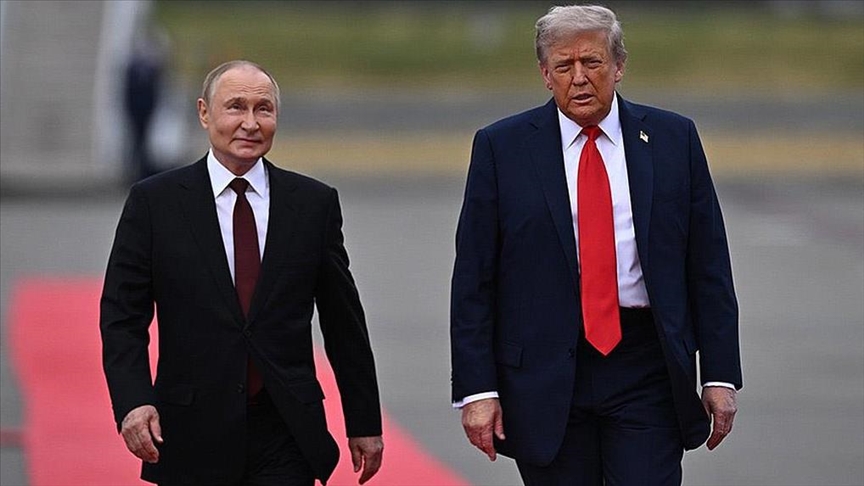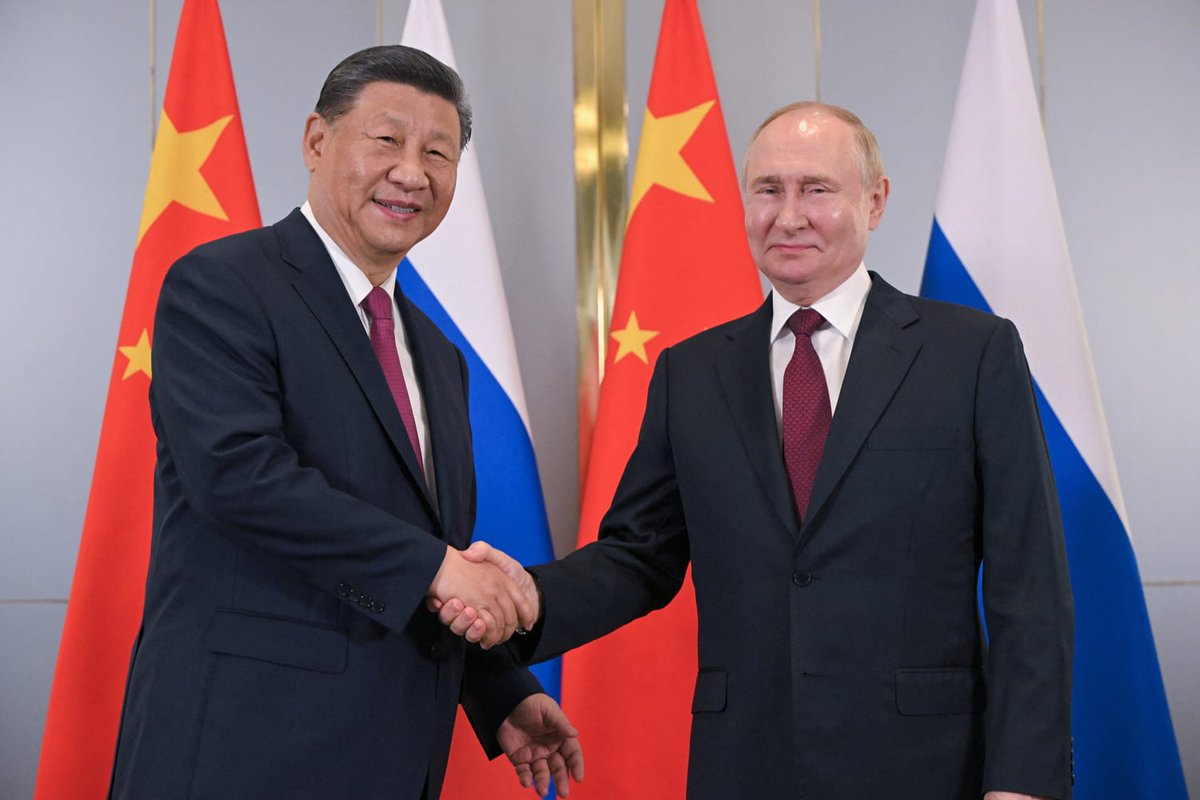1/ Climate change & inequality – two of the most pressing issues of our time – are deeply interconnected. This thread will explore how they're intertwined and why addressing them simultaneously is crucial for a sustainable future. 🧵 #ClimateChange #Inequality 

2/ Firstly, let's discuss how climate change disproportionately affects the most vulnerable. The poor and marginalized, who contribute least to carbon emissions, are the hardest hit by environmental changes. #ClimateJustice #ClimateChange 
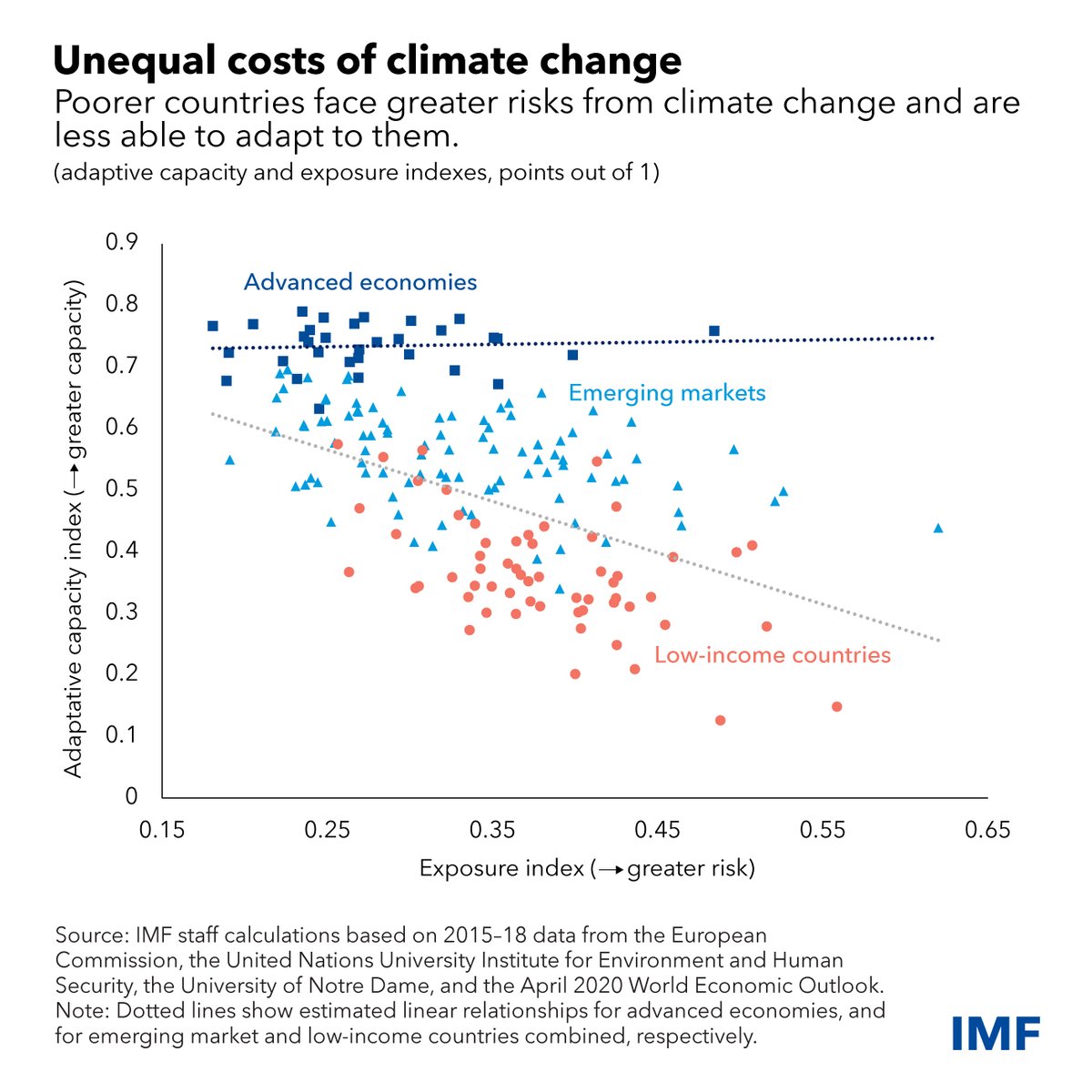
3/ Increased temperatures, changing rainfall patterns, and extreme weather events are all exacerbated by climate change. This disproportionately impacts agriculture-dependent communities and economies, often in developing nations. #ClimateCrisis #Inequality 

4/ The World Bank estimates that without significant intervention, climate change could push an additional 100 million people into poverty by 2030. As such, the fight against poverty and the fight against climate change are inherently linked. #ClimateChange #Poverty 

5/ Sea-level rise, another consequence of climate change, poses significant threats to those living in low-lying coastal regions. Many of these communities lack resources to adapt or relocate, trapping them in a cycle of risk and recovery. #ClimateChange #inequality 

6/ Now let's flip the narrative. Inequality also exacerbates climate change. Wealthier nations and individuals produce more carbon emissions due to their consumption patterns. Yet, these emissions impact the entire globe, not just the emitters. #ClimateJustice #inequality 

7/ Disparities in political power often mean that the interests of the wealthy and large corporations are prioritized over the needs of the marginalized and the environment. These power imbalances impede effective climate policy. #ClimateChange #inequality 

8/ Global inequality also leads to 'brain drain' from poorer to richer countries. This migration of skilled individuals can hinder the poorer countries' ability to tackle climate change and develop sustainable solutions. #ClimateChange #Inequality 
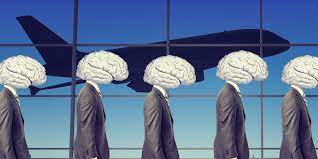
9/ Addressing climate change and inequality must, therefore, happen together. Policies should aim to reduce emissions while also alleviating poverty, promoting social equality, and providing opportunities for sustainable economic growth. #ClimateJustice #Inequality 

10/ These might include investing in renewable energy, which can create jobs and stimulate economies; supporting sustainable, small-scale farming; and implementing progressive carbon pricing, where the biggest emitters pay the most. #ClimateChange #Inequality 

11/ At the global level, richer countries must support poorer nations in their transition to a sustainable future. This could involve funding, technology transfer, or capacity building, respecting the principle of 'common but differentiated responsibilities'. #ClimateJustice 
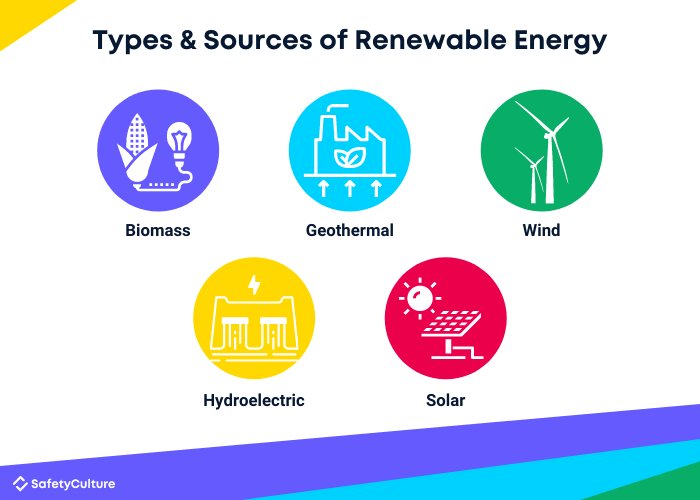
12/ In sum, inequality and climate change are deeply interconnected crises that we must tackle together. A just transition to a sustainable future is not only environmentally necessary, but also an opportunity to build a fairer, more equal world. 🌍 #ClimateChange #inequality 

If you are not following us, please do. We would really appreciate it. Thank you.
• • •
Missing some Tweet in this thread? You can try to
force a refresh





